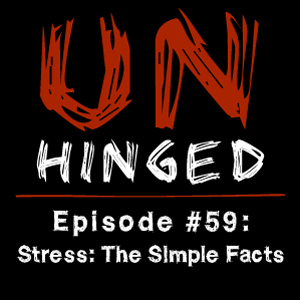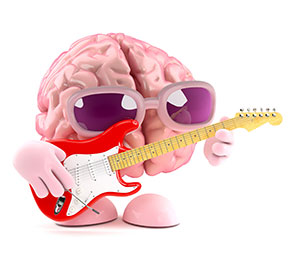Hi there! Let’s have a quick show of hands to indicate all the lost and lonely people out there. Don’t worry, this will stay just between us, okay?!? Anyway, one of my biggest personal obstacles is that I have a really hard time building fulfilling, long-lasting interpersonal relationships. At best I’ve only ever managed to sustain one friendship at a time, and that can lead to an excessive amount of introspection and self-condemnation. Having Asperger’s Syndrome has greatly hindered my ability to make these vital connections, in part because I’m not very good at successfully comprehending and interpreting non-verbal forms of communication, i.e., body language. So many of our daily interactions with other people are centred around these wordless transactions, and quite often I feel like a visitor from another world in this regard. Not for nothing, but Asperger’s is sometimes referred to as the “Oops, Wrong Planet Syndrome!!”
As a child I struggled endlessly to fit in and make friends with the other children, but usually this was to no avail. It didn’t help that I was at least 30 years away from a proper diagnosis at that point!! Healthy early socialization is very important in laying the groundwork for future success with one’s peers. As I did not enter the regular public school system until grade two, I was already at a most unfortunate disadvantage (one from which I’ve probably never fully recovered). What seemed to come so naturally to most of the other kids was an infinite crash course in humiliating futility for your not-so-humble author!! Endless social worker sessions, specialized play groups and the like only seemed to make matters worse. Looking back I guess it was a pretty good thing that I enjoyed reading in solitary so much, as I sure had a lot of spare time on my hands to freely indulge my unabashed bookworm ways!
I wish that I could inform you all that things took a turn for the better in my prime teenage/early adulthood years, but to do so would make me a bold-faced liar! The older I grew the more difficulties I had connecting with other people (and PLEASE, don’t get me started on my myriad of insecurities revolving around the FAIRER sex!) Not that I fared any better when it came to relating to everyone else!! The older you get the harder it is to meet new people, let alone to form long-lasting relationships with them as well. Plus, as a card-carrying, life-long social misfit living on the extreme outskirts of the downtrodden fringe, I don’t tend to find myself hobnobbing with the social elite!! All self-deprecating witticisms aside, due to a tragic series of unfortunate events largely beyond my control (yeah, fer sure, that’s what they all say!) I have never even come close to having a peer group of any sort. A lot of my so-called cohorts (in age, I mean) are simply too busy (and most rightfully so!!) pursuing their careers, raising families and enjoying a lot of the ‘normal’ activities’ that regular folks enjoy doing.
By the time I hit my mid-thirties, I decided to renew my previously feeble attempts at interacting with the hoi polloi (but hopefully with improved results!). So what did I do? I entered the conflicting/confusing world of group therapy. Ten years of on/off attendance later, I can’t honestly say that I’m any better for having done so! Yes, I did manage to meet the One True Love of My Life (Hi, Special K!!), and I have also become good friends with Doug (of Unhinged infamy, LOL!) but all other efforts to meet like-minded people have proven to be fruitless (to date, insert sigh here!!). Today I’m currently in the midst of a rather lengthy break from that whole scene, and trying to carefully figure out my next moves on the social scene front. Perhaps I will expand on this topic further in my as yet unwritten/unpublished door-stopper of a book entitled “Book Smart/People Stupid!!” (Trademark forthcoming, by the way. Not!)
P.S., I would strongly advise any lonely hearts from ever calling “867-5309”, no matter how disconnected you might find yourself. There’s not much chance that Jenny will answer, and even if she were to, she’d certainly be in late middle age by now (the song did originally come out way back in 1981, after all!!).
And now, here are five of my favourite songs based on the subject of friendship:
#1. “Why Can’t We Be Friends?” (War)
#2. “Bobby Jean” (Bruce Springsteen)
#3. “Whenever I Call You Friend” (Kenny Loggins and Stevie Nicks)
#4. “You’re My Best Friend” (Queen)
#5. “With A Little Help From My Friends” (Joe Cocker)



